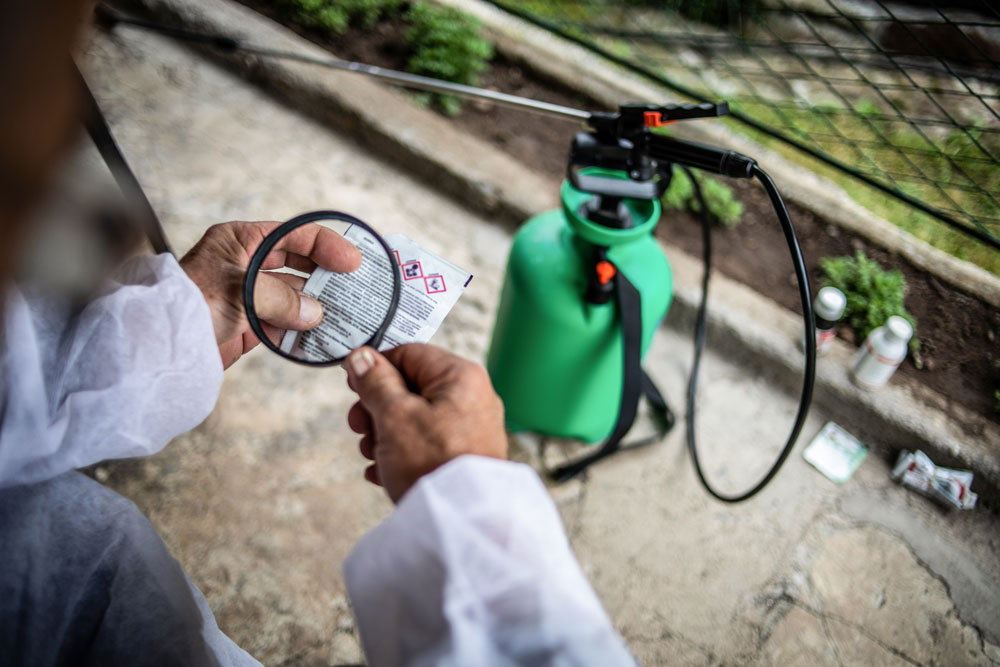
Sometimes part of a pasture is overused by horses and the best forage plants die out and are replaced by weeds, or maybe an aggressive invasive weed gets started and begins to take over the pasture. Rather than go to the effort of reseeding the whole pasture, you might opt to control the weeds in a specific area by spraying them and getting rid of them before they do take over the entire pasture.
Bob Coleman, PhD, State Extension Specialist at the University of Kentucky, said it is important to identify the weeds you want to control and talk to people who can help you determine when the best time might be for spraying those particular weeds.
“Judicious use of chemicals can be very helpful in many situations,” he said.
You need to know which weeds you will be attacking and the best time to spray them. Some plants are better to target in the fall and others should be sprayed in the spring. Be sure that you spray at the right time to actually kill those plants or keep them from maturing and going to seed.
“In our region, we have a lot of buttercup in horse pastures, and you need to spray it very early—probably mid-March,” Coleman said. “Many people wait too long; all of a sudden the fields are turning yellow and they think they need to be spraying buttercup, but by then it’s too late. Those flowers are already going to set seed.”
Other weeds, especially biennials, might need to be sprayed at a certain stage in the fall when all the energy of the plant is going down into the roots to store nutrients for overwintering. If you spray at that time, the spray will be taken down into the roots and more readily kill the plants.
It’s also important to know how much spray to apply and in what concentration.
“Talk to the weed specialists in your local Extension office to find out how best to tackle a certain weed and the best product to use for that one,” advised Coleman. “Keep in mind that you may not want to compost the manure after spraying (to put back on the pasture) nor give it to your neighbor to put on their garden or use it in your own yard. The herbicide might not break down in the compost and may kill some other plants later, so you need to find these things out.
“One of the most frequent questions we get is how soon the pasture can be grazed after it is sprayed,” continued Coleman. “Read the label regarding grazing restrictions. You may not find much about horses because most of the labels don’t specify horses. I suggest following the directions for use with dairy cattle.”
Dairy cattle cannot have any residues from pesticides or herbicides in the milk, and any restrictions that apply to dairy cows would be safe to follow for the safety and health of your horses.
“It’s okay to be cautious and conservative,” said Coleman. “Even though the label might say that you can spray the pasture while the animals are in it, it might still be better to play it safe and take them out of that area for a day or two. Have a plan for where you will put them during that time.”
Follow all directions to keep the humans safe who are applying the weed control.


